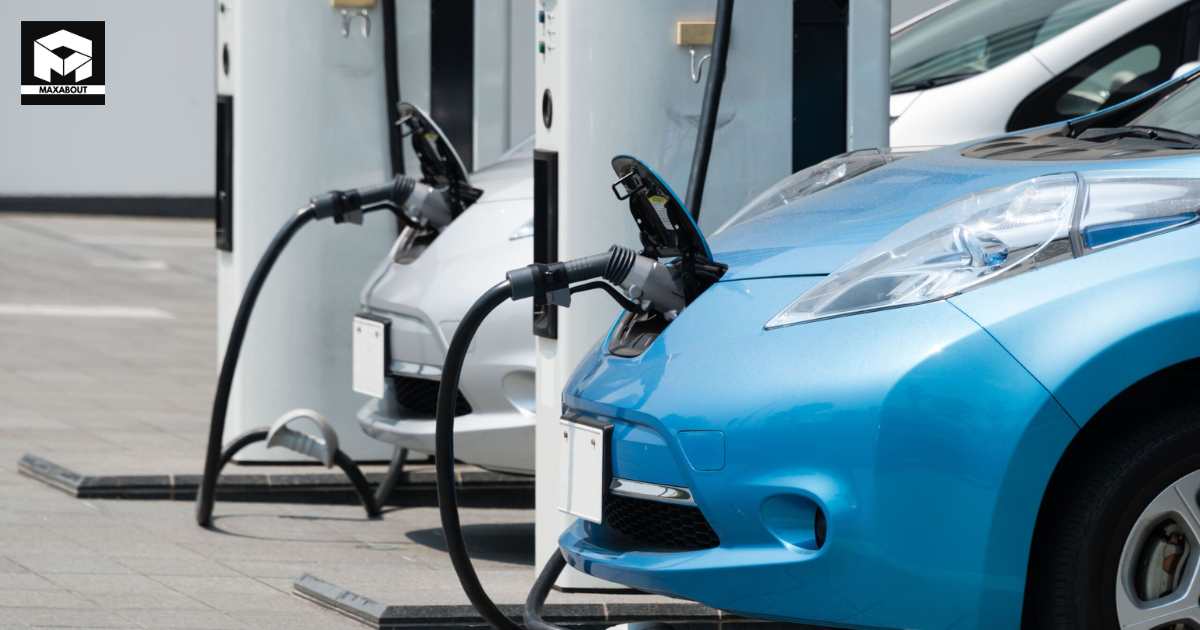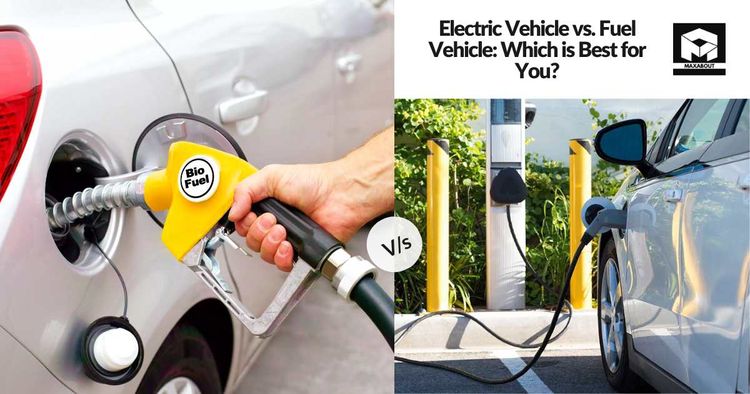In today's evolving automotive market, the decision between traditional fuel cars (FVs) and electric vehicles (EVs) has become increasingly consequential. This choice has a significant impact not only on individual finances but also on the direction of transport and environmental sustainability. To provide consumers with the knowledge they need to make decisions that are consistent with their values and lifestyles, this thorough research attempts to examine the subtle differences between EVs and FVs.
Electric Vehicles (EVs)
Electric vehicles are powered by electric motors and rechargeable batteries, representing a paradigm shift towards eco-friendliness with zero tailpipe emissions. While the upfront cost of purchasing an EV is typically higher than that of an FV, the potential for substantial long-term savings in fuel and maintenance expenses is undeniable. The operational efficiency of EVs characterized by fewer moving parts results in reduced maintenance requirements over time. However, the current limitation of EVs lies in their driving range which may pose challenges for individuals with extensive travel needs. Additionally, while the EV charging infrastructure is rapidly expanding, its development remains uneven across regions.

Fuel Vehicles (FVs)
In contrast, fuel vehicles rely on internal combustion engines fueled by gasoline or diesel, contributing to air pollution and climate change through emissions. Despite their lower upfront cost relative to EVs, FVs accrue higher expenses over time due to fuel consumption and maintenance requirements. Nonetheless, FVs benefit from a well-established refueling infrastructure offering convenience and familiarity to drivers accustomed to traditional gasoline-powered vehicles.

Considerations
When deliberating between an EV and an FV, several factors warrant careful consideration. Firstly, the financial aspect, encompassing initial purchase cost, ongoing fuel expenses, and maintenance outlays, should be thoroughly evaluated. Secondly, the environmental impact of each vehicle type, including emissions and energy efficiency, should be weighed against personal sustainability goals. Furthermore, the driving range and availability of charging or refueling infrastructure in one's locality are pivotal factors influencing daily usability and convenience.
Factors to Weigh
- Cost Analysis: Delve into the total cost of ownership, including initial purchase price, fuel or electricity expenses, and maintenance costs over the vehicle's lifespan.
- Environmental Footprint: Assess the carbon emissions and ecological impact associated with both EVs and FVs, considering factors such as energy source and manufacturing processes.
- Driving Patterns: Analyze typical driving habits and commute distances to determine whether the range limitations of EVs would impact daily routines.
- Infrastructure Accessibility: Consider the availability and accessibility of charging stations or refueling points in one's area to ascertain the feasibility of each vehicle type for individual lifestyles.
- Government Incentives: Explore incentives, tax credits, or subsidies offered by governmental bodies to promote EV adoption which can significantly offset initial costs and enhance affordability.
Additional Factors to Consider
- Technological Advancements: Evaluate the latest technological innovations in EVs and FVs such as battery advancements and fuel efficiency improvements which may impact long-term performance and cost-effectiveness.
- Resale Value: Consider the potential resale value of EVs versus FVs, taking into account factors such as depreciation rates and market demand for each vehicle type.
- Driving Experience: Reflect on the driving experience offered by EVs and FVs including factors such as acceleration, handling, and overall comfort, to determine personal preferences.
- Safety Features: Compare the safety features and crash test ratings of EVs and FVs to prioritize vehicle safety and occupant protection.
- Future Trends: Anticipate future trends in the automotive industry such as increased adoption of electric and autonomous vehicles, and how they may influence the long-term viability of EVs and FVs.
The decision between an electric vehicle and a fuel vehicle requires a comprehensive evaluation of various factors encompassing financial considerations, environmental concerns, practical usability, and technological advancements. While electric vehicles offer undeniable benefits in terms of sustainability and long-term cost savings, fuel vehicles provide a familiar infrastructure and greater driving range for some consumers. By thoroughly assessing individual preferences, lifestyle needs, and the broader environmental impact, consumers can make informed decisions that contribute to a more sustainable and efficient future of transportation. As the automotive industry continues to evolve, staying informed about the latest advancements and trends will be essential for making future-proof decisions regarding vehicle choice.

